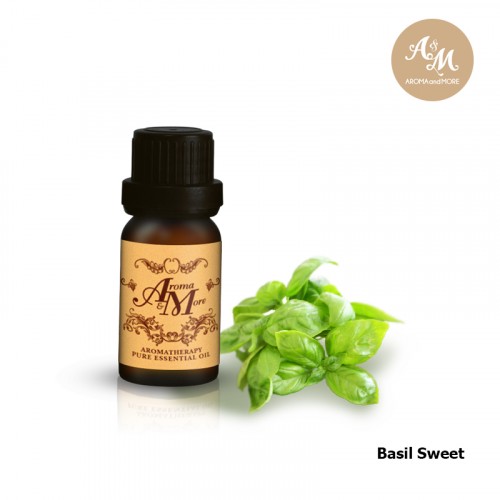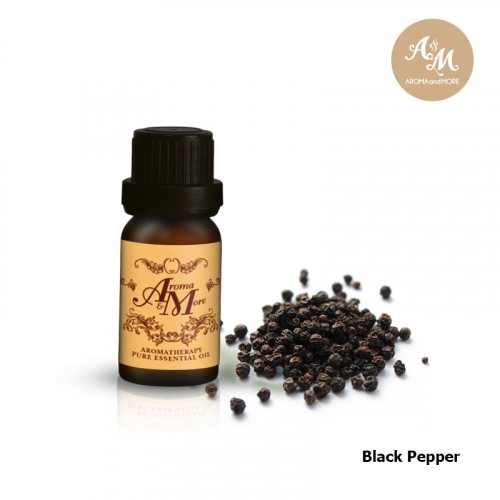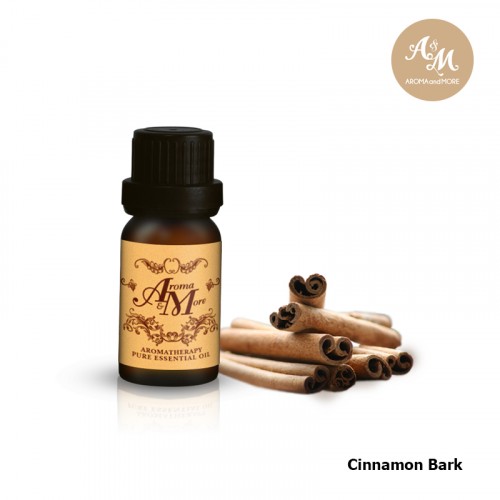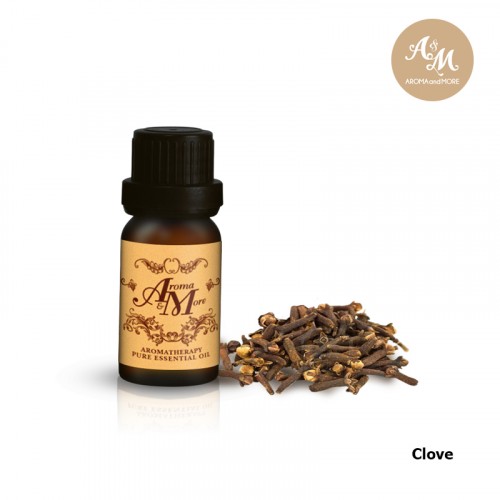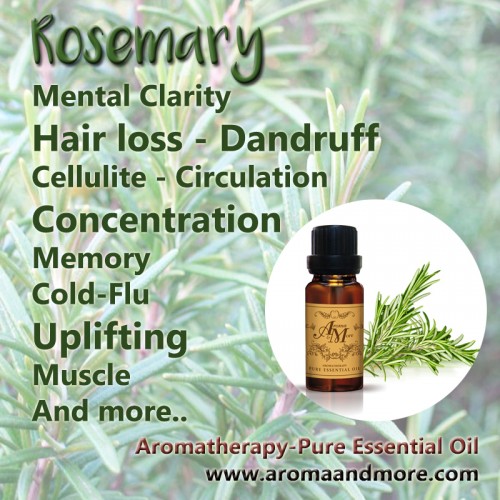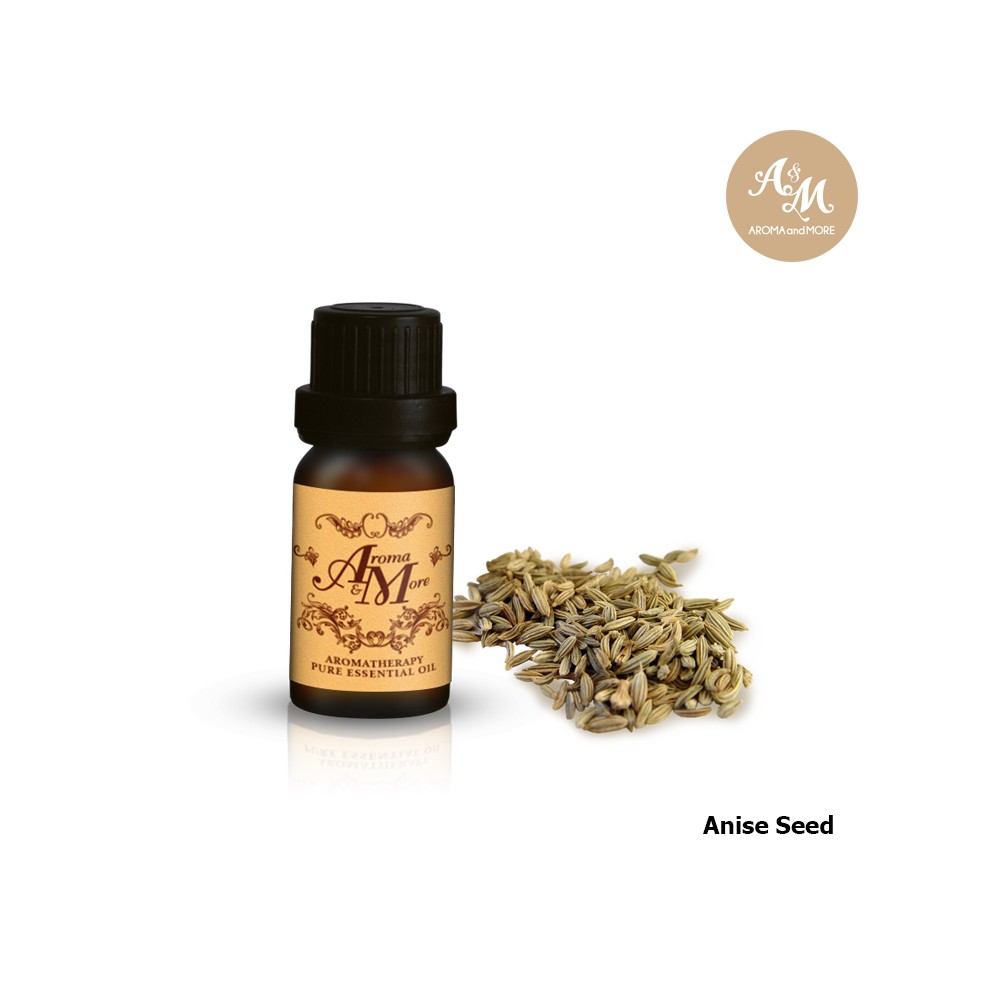








5 ml 159 Thai Baht
10 ml 259 Thai Baht
30 ml 659 Thai Baht
100 ml 1,669 Thai Baht
In aromatherapy its most common use is diffused into the air. Anise seed has a reputation for its stimulating yet sedative qualities. It is often used in inhalation therapy for breathing difficulties, to calm various digestive problems and stress related problems such as anxiety, nervousness and even headaches.
It may be used in small amounts in perfumes on the skin or deodorants. It is even used in breath fresheners and other deodorizers. As a household deodorant Anise can be useful to cover foul odors especially fishy type odors and can repel rats and insects.
Botanical Name: Pimpinella anisum
Origin: Egypt
Method of Extraction: Steam Distilled
Parts used: Seeds
Color: Nearly Clear
Perfumery Note: Top/Middle
Consistency: Thin/Medium
Aromatic Description: Warm, Sweet, licorice scent
Blends well with: Bay, Bergamot, Black Pepper, Caraway, Cardamom, Cedarwood Atlas, Dill, Fennel, Fir, Ginger, Grapefruit, Kaffir Lime, Lavender, Lime, Mandarin, Orange, Pine, Petitgrain, Rose, Rosewood, Spruce
Initial Strength: Medium
Class: Phenolic ether
Revered by ancient civilizations and used by the Egyptians in the making of bread, liqueurs and aperitifs for its calming influence on the digestive tract. It is made from the seeds of the fruit of the annual anise plant of the parsley family Umbelliferae. Each fruit yields only 2 small dark seeds with light ribs making oil production more costly than Anise Star. Anise seed oil is produced in Egypt and a few other Mediterranean countries. It is not the same as Anise Star oil or Chinese Anise and does not have the same properties.
Anise seed essential oil is not generally used as a skin conditioner but may be diluted and used on small highly absorbent areas of the body or “pulse points” such as wrists, ankles and etc… It may be added to soaps and bathing formulations that do not stay on the skin.
It may be used in small amounts in perfumes on the skin or deodorants. It is even used in breath fresheners and other deodorizers. As a household deodorant Anise can be useful to cover foul odors especially fishy type odors and can repel rats and insects.
In aromatherapy its most common use is diffused into the air. Anise seed has a reputation for its stimulating yet sedative qualities. It is often used in inhalation therapy for breathing difficulties, to calm various digestive problems and stress related problems such as anxiety, nervousness and even headaches.
Note: Most essential oils cannot be taken internally. But even when they can, Essential oils are highly concentrated and require dilution, special training and caution that Aroma & More does not yet provide. You can never drink any essential oils at 100% strength or diluted in water based liquids. Anise Seed essential oil is sometimes used to flavor foods, liquors, medicines, candies and even tobacco but only in very small amounts and only if you have the proper knowledge and training (see general cautions below). Some aroma therapists do not recommend Anise Seed essential oil for internal use at all.
Caution: Use in very low concentration if applying to the skin. May cause sensitivity and irritate sensitive skin. Do not use if pregnant and seek professional advice before using while breastfeeding. Do not use on children younger than 6. Do not use if you have endometriosis or estrogen dependent cancers. Anise is a member of the Umbelliferae family so it is recommended to avoid if you are allergic to other members of the family such as carrots, celery, coriander, fennel or their pollen. Use caution around pets, Anise Seed is toxic to birds, rodents and insects. Large exposure may slow respiration and heartbeat. Essential oils can be harmful if used improperly. Information is provided for educational purposes only. It is up to the customer to determine if the product is right for their intended purpose. Special consideration should be made before applying essential oils to pregnant women, children or the elderly. If under a doctor's care, please consult the physician before using essential oils. If applying to skin essential oils must be diluted correctly and Aroma & More recommends testing on a small area of skin to check for reaction before attempting a full body massage. Information is based on traditional use and has not been evaluated by the FDA.
No comment at this time.
You Must Login To ReviewYou might also like

5 ml 159 Thai Baht
10 ml 259 Thai Baht
30 ml 659 Thai Baht
100 ml 1,669 Thai Baht
In aromatherapy its most common use is diffused into the air. Anise seed has a reputation for its stimulating yet sedative qualities. It is often used in inhalation therapy for breathing difficulties, to calm various digestive problems and stress related problems such as anxiety, nervousness and even headaches.
It may be used in small amounts in perfumes on the skin or deodorants. It is even used in breath fresheners and other deodorizers. As a household deodorant Anise can be useful to cover foul odors especially fishy type odors and can repel rats and insects.

 EN
EN

